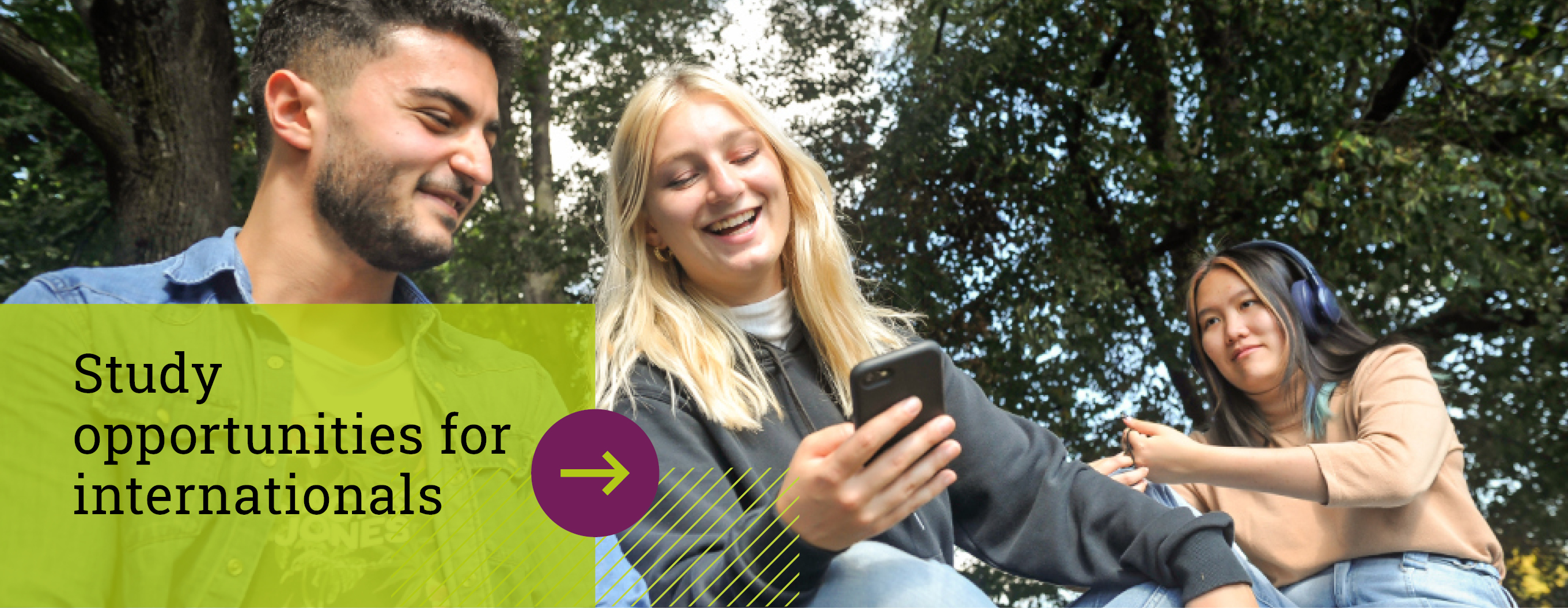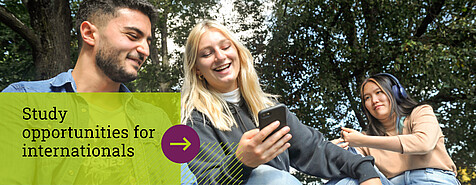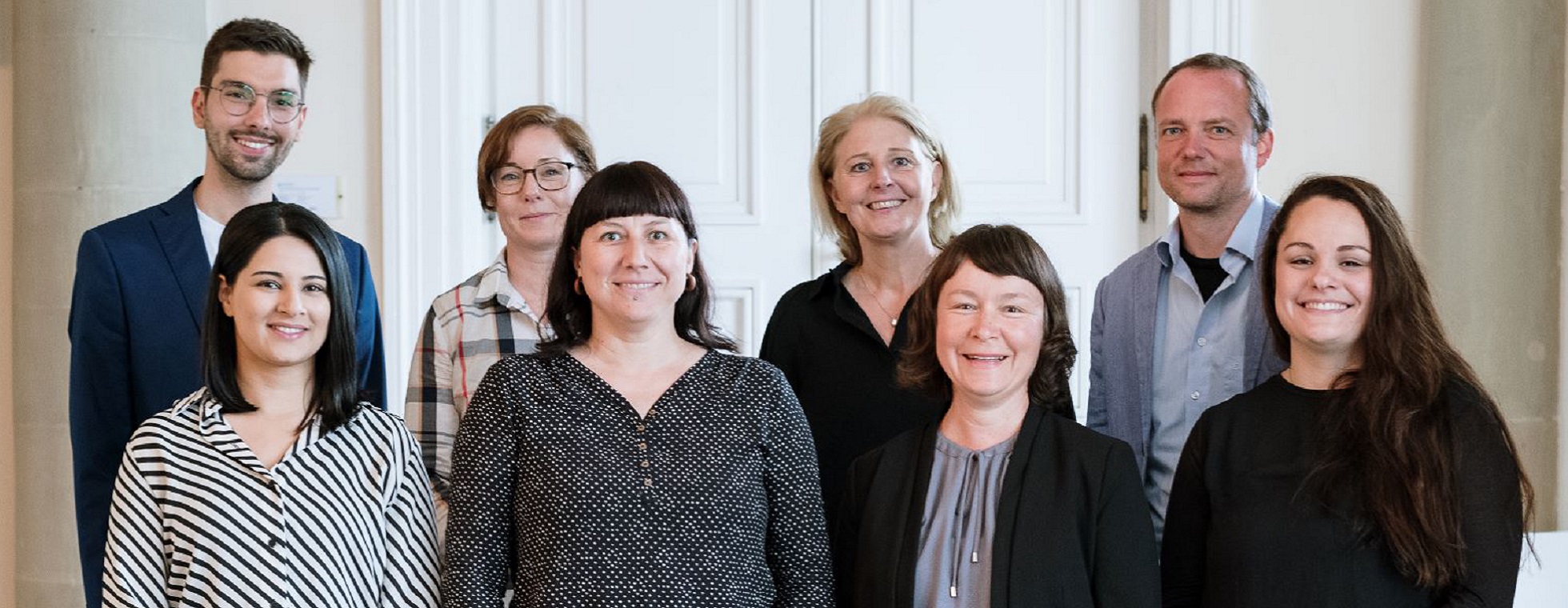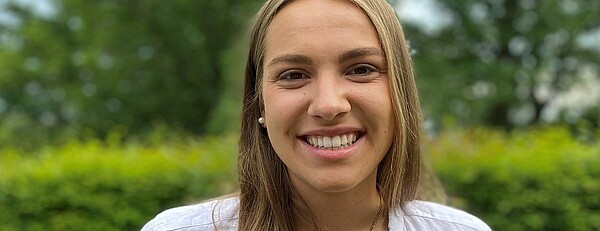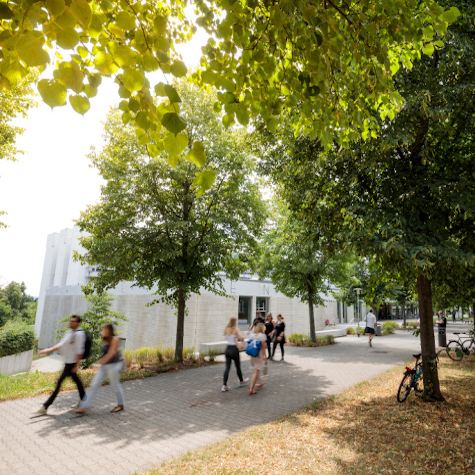Bachelor of Arts
Communication Science
You want to study something to do with media? Then don't do just anything. Learn what effects media has, how the media system works, how and why we humans use media, and what happens on social media. The Bachelor’s degree program in Communication Science is all about public communication, which can be observed in the media, politics, and companies. You look at communication from a theoretical point of view and analyze it using scientific methods. Does that sound dry? Don’t worry! There are lots of hands-on aspects. If you want to understand how public communication works, then this degree program is the right one for you.
What you can expect:
- Wide range of specialization options: Media Research, Political Communication, Social Discourse, Media Psychology, Online Communication, Organizational Communication
- Lots of hands-on experience with project work, partners who are practitioners, and integrated internship
- Many options for individually shaping your studies
- Flexible study design to integrate stays abroad or internships into your studies
- Small study groups with excellent support and advice during your studies
Studies | After your studies | Application | Campus life








